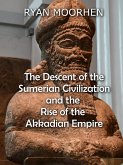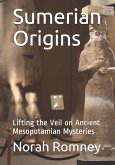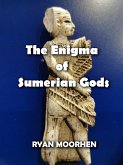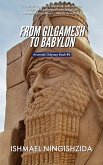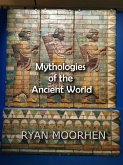The story of the ancient world's most spectacular library, and the civilization that created it
When a team of Victorian archaeologists dug into a grassy hill in Iraq, they chanced upon one of the oldest and greatest stores of knowledge ever seen: the library of the Assyrian king Ashurbanipal, seventh century BCE ruler of a huge swathe of the ancient Middle East known as Mesopotamia. After his death, vengeful rivals burned Ashurbanipal's library to the ground - yet the texts, carved on clay tablets, were baked and preserved by the heat. Buried for millennia, the tablets were written in cuneiform: the first written language in the world.
More than half of human history is written in cuneiform, but only a few hundred people on earth can read it. In this captivating new book, Assyriologist Selena Wisnom takes us on an immersive tour of this extraordinary library, bringing ancient Mesopotamia and its people to life. Through it, we encounter a world of astonishing richness, complexity and sophistication. Mesopotamia, she shows, was home to advanced mathematics, astronomy and banking, law and literature. This was a culture absorbed and developed by the ancient Greeks, and whose myths were precursors to Bible stories - in short, a culture without which our lives today would be unrecognizable.
The Library of Ancient Wisdom unearths a civilization at once strange and strangely familiar: a land of capricious gods, exorcisms and professional lamenters, whose citizens wrote of jealous rivalries, profound friendships and petty grievances. Through these pages we come face to face with humanity's first civilization: their startling achievements, their daily life, and their struggle to understand our place in the universe.
Dieser Download kann aus rechtlichen Gründen nur mit Rechnungsadresse in A, B, BG, CY, CZ, D, DK, EW, E, FIN, F, GR, HR, H, IRL, I, LT, L, LR, M, NL, PL, P, R, S, SLO, SK ausgeliefert werden.





